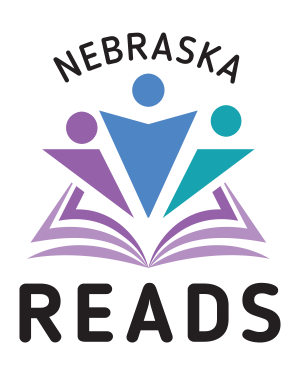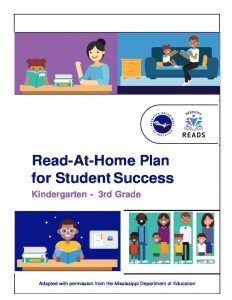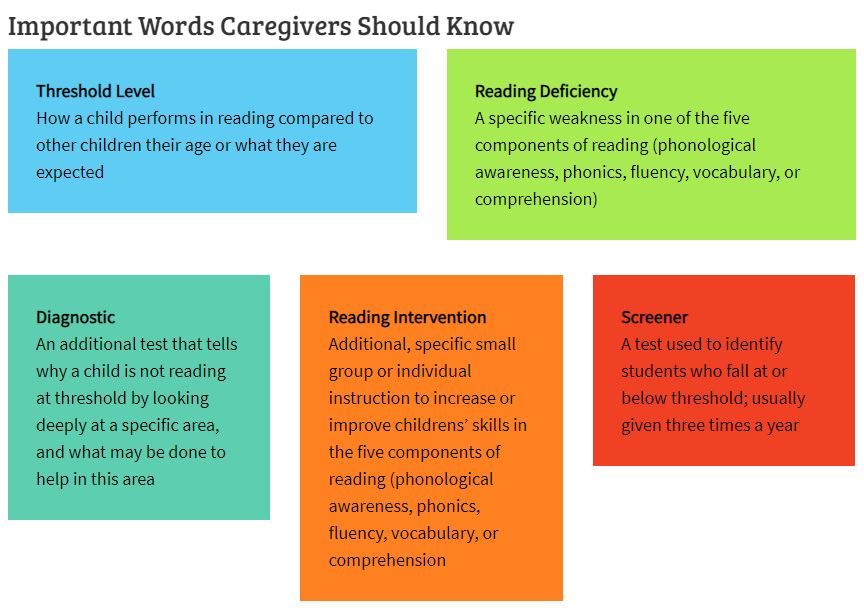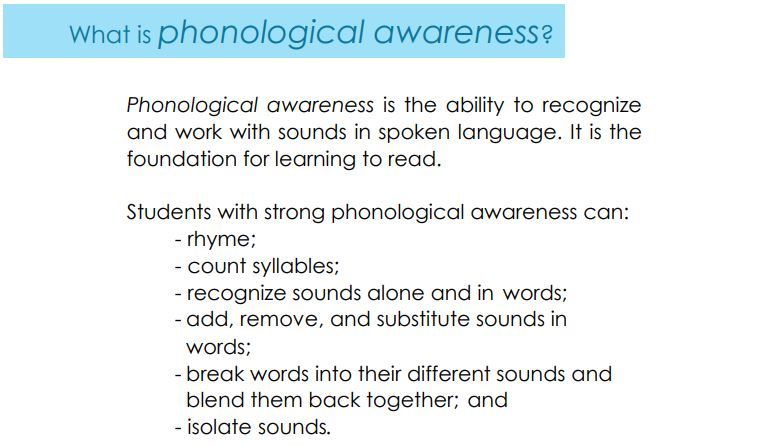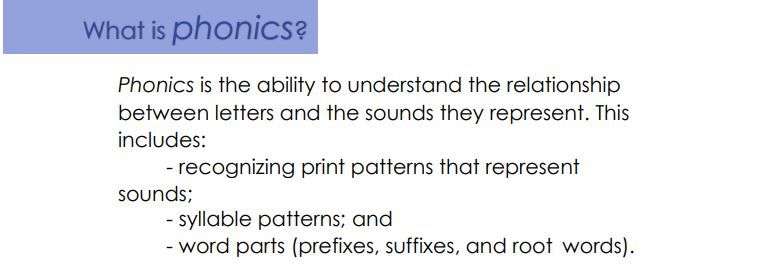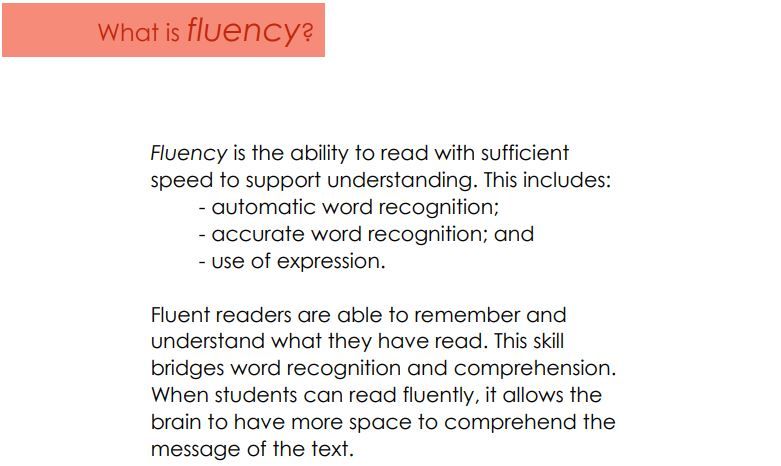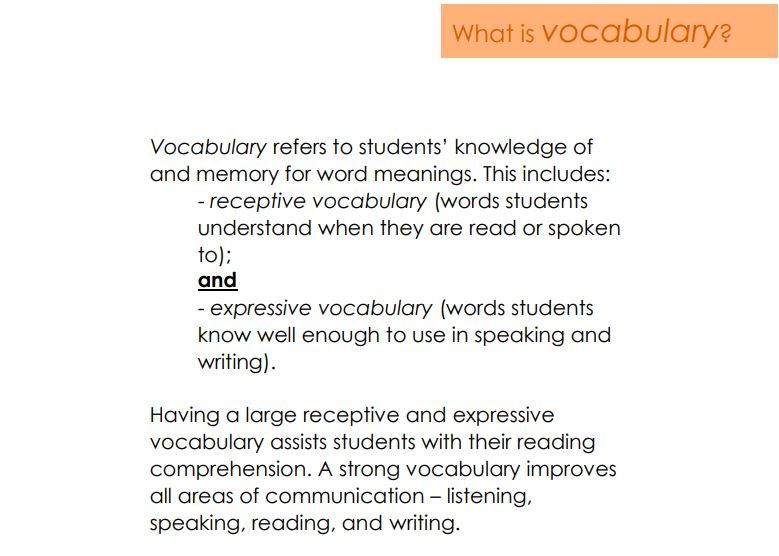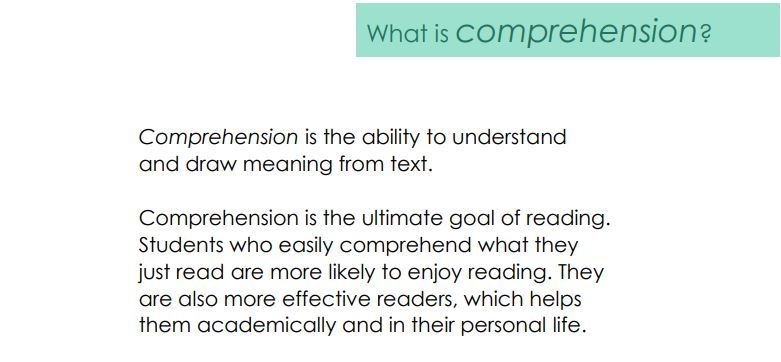Read At Home Plan
Read-at-Home Plan for Student Success, Kindergarten – 3rd Grade
Dear Caregivers,
The Nebraska Department of Education recognizes the role of parents, guardians, and other caregivers and family members in making a positive impact on a child’s school success. Reading with children outside of school is the best way to help them achieve strong early literacy. Helping ensure a child is reading on grade level by 3rd grade is an important task. By reading with your child 20 minutes per day and making a few simple things a part of your daily routine, you can set your student along the path to proficiency.
This resource was created to assist you in understanding how to support your child’s reading development and progress. Using materials found around your home, you will be able to practice the skills necessary to help your child become a fluent reader. You will also find links to videos that show families engaging their child in some of the activities that are listed. This resource also includes information on the Nebraska Reading Improvement Act, which was created to ensure all students are ready for success in school and beyond.
We are happy to provide you with this Read-At-Home Plan.
Sincerely,
Olivia Alberts, Reading Specialist
Becky Michael, English Language Arts Specialist
You are your child’s greatest champion.
Ask about your child’s reading progress frequently!
- Is my child reading on grade level? What does “reading on grade level” look like?
- What test does my child take to find out if they are reading on grade level?
- How far below grade level is my child reading?
- What specific areas of reading is my child struggling with? What activities can I do with my child at home to help?
- What additional supports are being provided to my child? How frequently, and for how much time?
- How frequently will we meet to discuss my child’s reading progress?
In 2018, the Nebraska Reading Improvement Act was signed into law. Any student in Kindergarten through 3rd grade with an identified reading deficiency would be required to have an Individualized Reading Improvement Plan (IRIP). A reading deficiency would be determined by the student’s performance on a reading screener. Other requirements of the law include:
- Assessment of early literacy skills 3 times during the school year
- Parental notification within 15 days of identification of a reading deficiency
- Individualized supplemental reading intervention
- Family engagement and home literacy support
- Summer reading programs and enrichment
Once a deficiency is identified by a child not meeting the determined threshold level, teachers are required to notify parents. A diagnostic assessment is given to the child, and based on specific needs, teachers will provide intensive reading instruction and interventions for that child. The instruction and interventions done with the child to correct the deficiency will be documented in the IRIP.
- Know that a reading screener is given to your child during the first 30 days of school if they are in Kindergarten, First, Second, or Third Grade. Ask your child’s teacher how they did on each test. The school is required to tell you if the results show your child has a reading deficiency.
- If your child does have a reading deficiency, ask the teacher how you can be involved in the creation of your child’s Individualized Reading Improvement Plan (IRIP).
- The Individualized Reading Improvement Plan (IRIP) will provide ideas for specific activities you can do at home to help your child improve his/her reading skills. Work with your child nightly to support what their teacher is doing at school.
- Depending on the deficiency, your child will be assessed on a regular basis to see if the intervention is helping. Teachers may adjust the interventions to match the needs of the student.
- In addition, plan to attend Parent Teacher conferences throughout the year. Help your child with his/her homework, and check their grades and classwork regularly. Ask to meet with your child’s teacher if you have any questions or concerns about your child’s reading progress.
- Make reading part of every day, even for just a few minutes. Find the parts of your day where you can add time to read, and areas where you can keep books, so they are always available.
- Talk about the pictures in books. You do not have to read the book to tell a story.
- Let your child turn the pages when you read together.
- Show your child the cover page and explain what the story is about.
- Run your finger along the words as you read them.
- Read the story using different voices for each of the characters. Have fun!
- Choose books about events in your child’s life, such as starting school, going to the dentist, or taking care of pets.
- Ask questions about the story. What do you think will happen next? What is this? How does this character feel?
- Let your child ask questions about the story. Talk about familiar activities and objects.
- Let your child retell the story.
- Visit your local library often!



